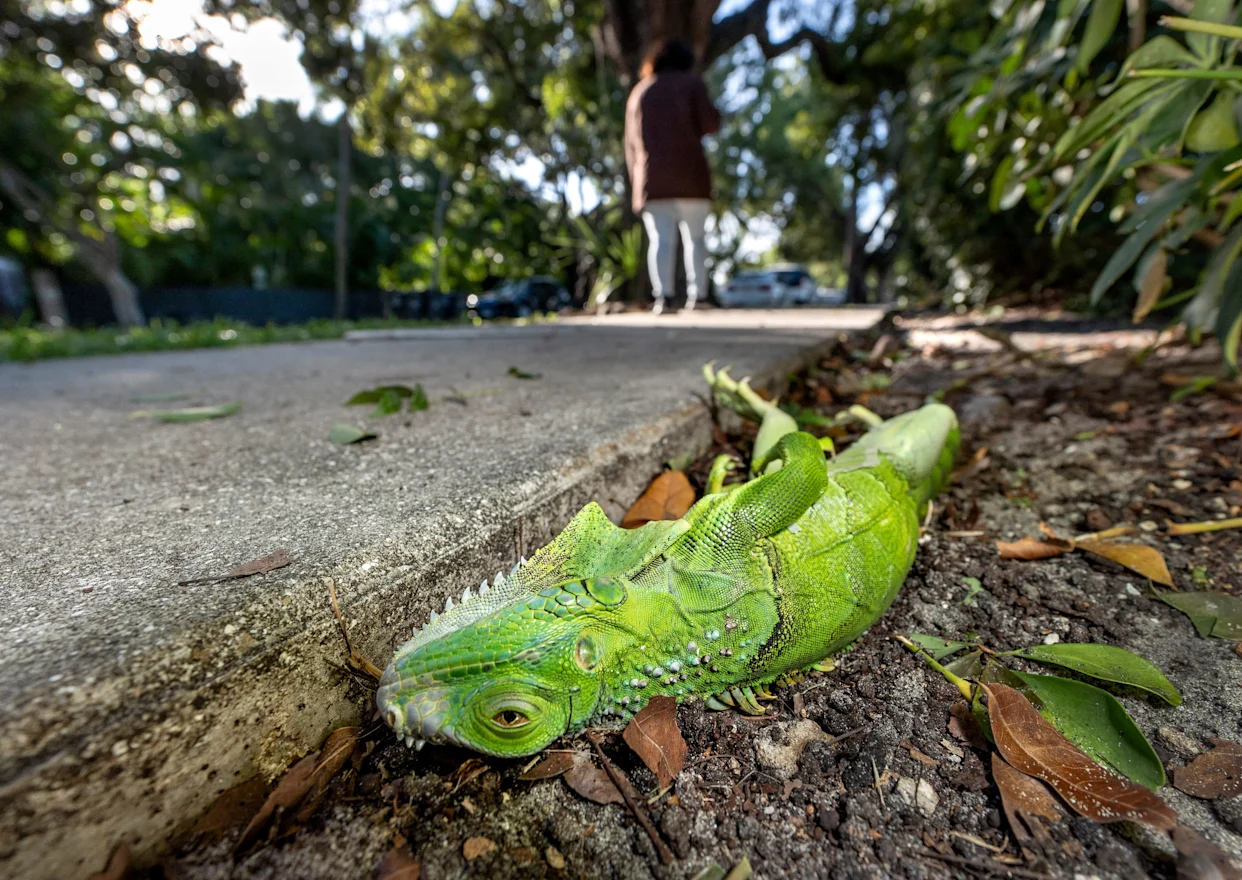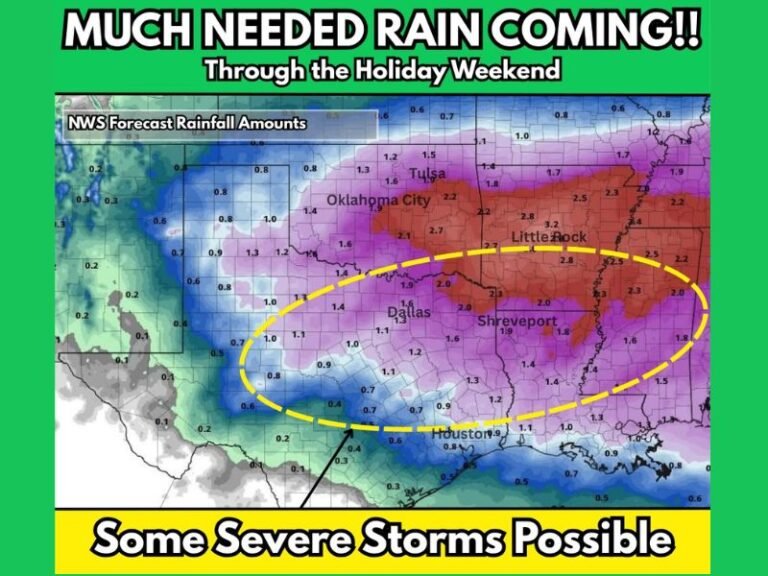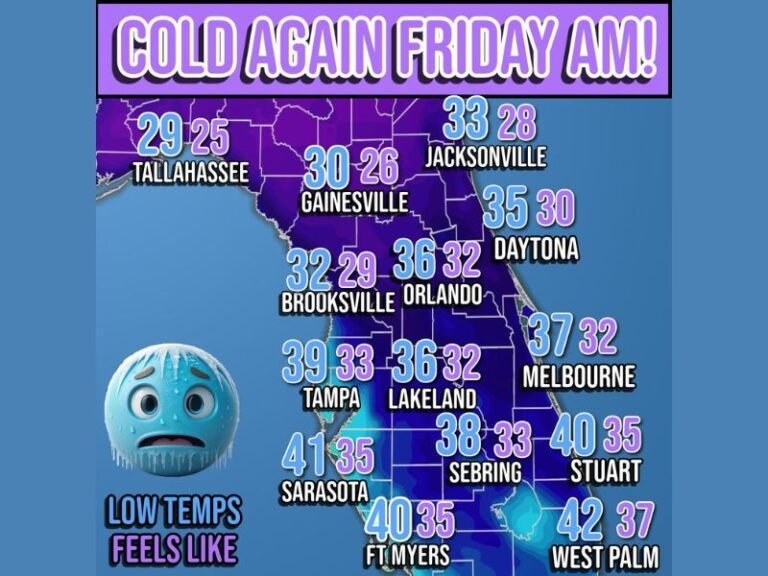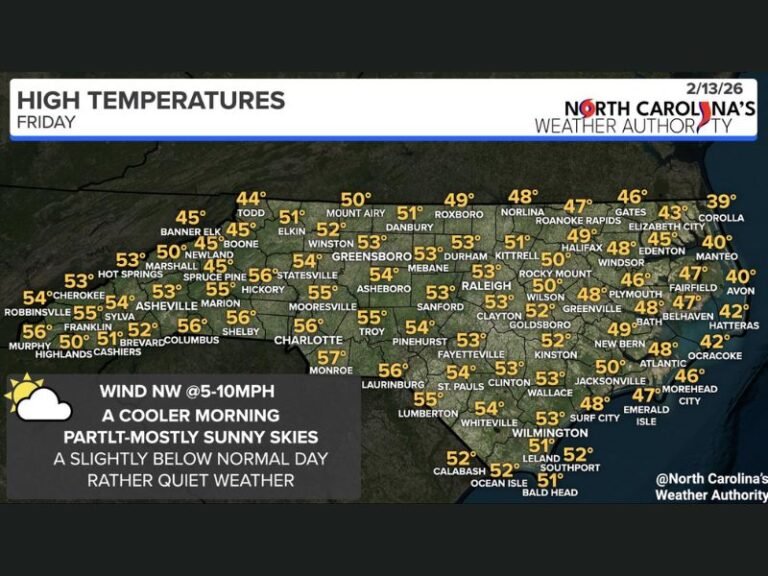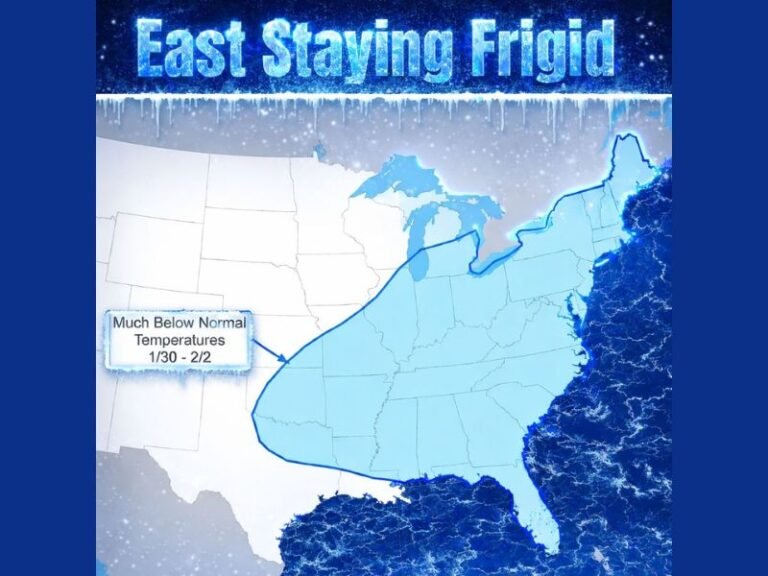Cold Snap in Florida Causes Iguanas to Fall from Trees as Temperatures Drop into the 40s
MIAMI, FLORIDA — Residents across South Florida woke up to a strange sight this week as unusually cold temperatures sent iguanas tumbling from trees. Wildlife officials say the drop into the 40s triggered a natural response known as “cold-stunned paralysis” in the reptiles, causing them to lose muscle control and appear lifeless until the weather warms.
Iguanas Go Rigid as Temperatures Plummet
According to meteorologists, the cold front that swept across southern Florida overnight brought some of the lowest temperatures the region has seen this season. Iguanas, being cold-blooded reptiles, depend on external heat to regulate their body temperature. When the mercury dips below 50°F, their metabolism slows drastically, and once it reaches the low 40s, they can freeze in place and fall from branches where they typically sleep at night.
Experts say this phenomenon, while startling, is not uncommon during Florida’s rare cold spells. The reptiles are not dead — simply immobilized until the sun returns.
Wildlife Officials Urge Residents Not to Panic
The Florida Fish and Wildlife Conservation Commission (FWC) cautioned residents not to assume the iguanas are dead and to avoid moving or disturbing them. As temperatures rise, the animals generally recover on their own and resume normal activity.
“Once it warms up, they’ll regain mobility and start climbing again,” an FWC spokesperson explained. “It’s part of how these tropical reptiles cope with unexpected cold snaps.”
Unusual but Familiar Winter Scene in South Florida
Photos and videos circulating on social media showed the bright green lizards lying motionless on sidewalks, driveways, and lawns. Locals shared images of the animals sprawled on the ground — an eerie but familiar sight for Floridians who have experienced similar cold events in past winters.
In some cases, the iguanas may not survive prolonged exposure to the cold, particularly if temperatures stay below freezing for extended periods. However, most are expected to recover as daytime warmth returns.
Experts Say Climate Fluctuations Are Increasing These Events
Biologists note that extreme temperature swings — sudden drops following periods of warmth — are becoming more common and can disorient Florida’s tropical species. As non-native reptiles, green iguanas are especially vulnerable since they thrive in warm, humid conditions.
While they pose no direct threat to humans, wildlife officials remind residents that iguanas are considered invasive species in Florida and should not be kept as pets or released back into the wild.
Have you seen iguanas falling in your neighborhood during Florida’s cold snap? Share your photos and experiences with us at SaludaStandard-Sentinel.com.

